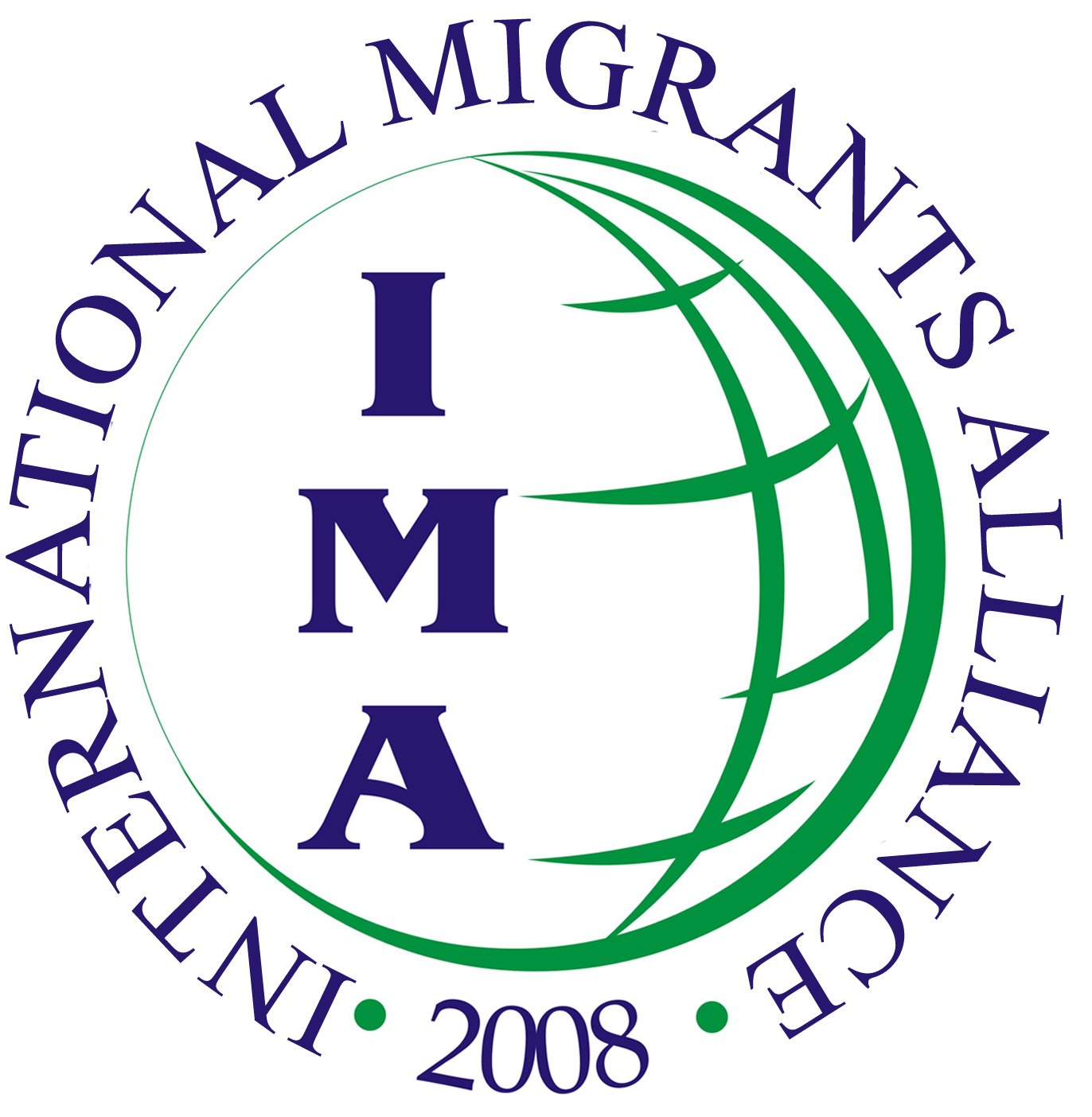Global alliance of migrants warns vs weaponization of COVID-19 response against migrants, displaced peoples
For many migrant workers, especially the undocumented migrants, COVID-19 is not just a threat to their health, but also to their security as governments conduct crackdown operations, tighten border security, or set the stage for increased surveillance as part of their COVID-19 response. It is essentially a weaponization of COVID-19 response against migrants and other displaced peoples.
This was stated today by Eni Lestari, chairperson of the International Migrants Alliance (IMA) as governments mount actions ostensibly to address the COVID-19 threat but in reality, are meant as smokescreen for crackdown operations against undocumented migrants and refugees. IMA is a global alliance of organizations of migrants, immigrants, refugees and displaced peoples with members in more than 40 countries.
The operations in Malaysia last May 1 that saw the arrest of migrants and refugees as young as four years old has shown how COVID-19 response is now being capitalized to crackdown and detain migrants which, ironically, puts them in even graver risk of infection, said Lestari.
Conditions in detention centers in various countries, including Malaysia, have been exposed to be very difficult. As COVID-19 spreads throughout countries, migrants in detention experience lack of testing, lack of personal protective equipment, and even lack of basic services such as food due to work stoppage even for staff in said centers.
Border security has also been strengthened further as part of the COVID-19 response that resulted in numerous migrants getting stranded and unable to get out and thus risk becoming undocumented or unable to come back to their work or be reunited with their family.
COVID-19 is now being maximized to achieve what governments have been gearing for even before the crisis: that is, heightened border control in the name of national security resulting in criminalization of those with irregular and unstable status, and stricter control over refugees, Lestari remarked.
Lestari cited the situation of Rohingya refugees in Bangladesh who are now experiencing isolation due to fears of infection spread in cramped refugee camps. Asylum seekers and refugees in Europe also experience difficulties and there were even reports of refugees stranded in the seas or pushed back to their ports of origin as European countries close their ports.
Meanwhile, Lestari also cautioned against tracking and surveillance technologies that are being utilized supposedly for infection tracking but, may also be very well utilized to keep track of peoples movements even when the COVID-19 crisis is over.
Such invasive technologies as in Australia and countries in Europe, said Lestari, should be judiciously used and should not be made as a basis to put migrants in a more insecure status.
With the norm of criminalization of the status of migrants, such technologies can very well be used for crackdown operations to arrest, detain, and deport migrants, Lestari added.
According to Lestari, those who are helping migrants have also been subjected to harassment. This, she said, is the result of prevailing xenophobia against migrants, refugees, and other displaced peoples who have been repeatedly used as scapegoats by government during times of economic and social crisis.
COVID-19 has also highlighted the ugly face of racism, discrimination, and exclusion of migrants and defenders and advocates, like in Malaysia, have not been spared from the hate long percolating against migrants, Lestari said.
Finally, IMA called for vigilance against the weaponization of COVID-19 response that targets migrants and refugees.
COVID-19 is a crisis where the well-being and safety of all people, including migrants and refugees, should be the primary concern. Any other moves that further worsen the situation of migrants is insensitive, inhumane, and condemnable, Lestari concluded.
